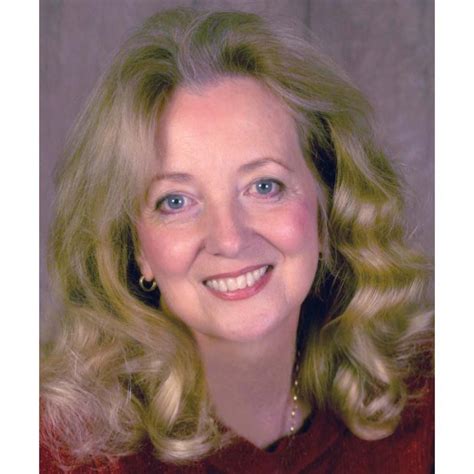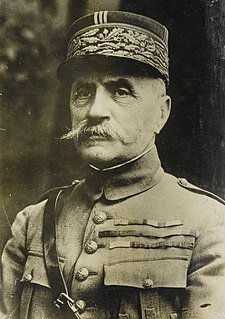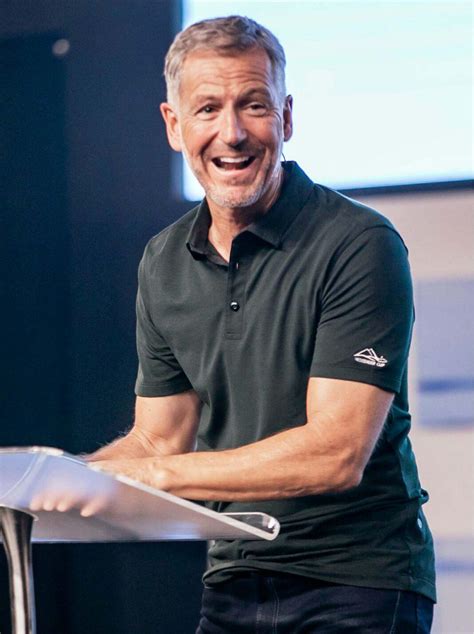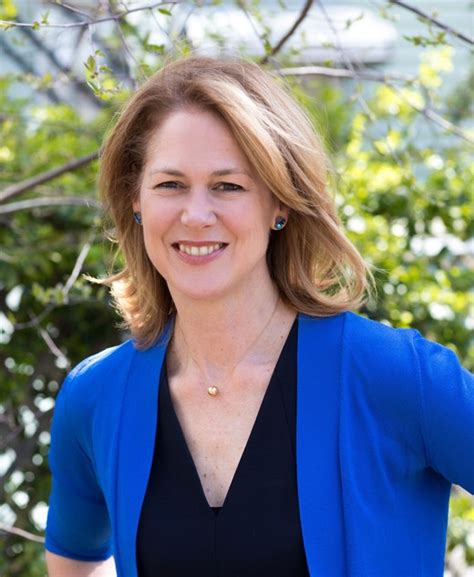A Quote by Jiddu Krishnamurti
Intelligence is not discernment and judgment or critical evaluation.
Quote Topics
Related Quotes
I am so tired of criticalness being called discernment. Do you want to know true discernment? Paul said "That your love may abound in all discernment." When you are willing to die for somebody that is when you are actually discerning them. Jesus could call the Pharisees hypocrites and snakes because he went to the cross and died for them. So the next time you are quote "discerning" about somebody ask yourselves the question could you die for them? If you can`t say yes, you're critical because the love of God is to lay down your life for them, and discernment is rooted only in love. Got it?
It is an assumption that there is always one single dimension for assessing persons and their actions that has canonical priority. This is the dimension of moral evaluation; "good/evil" is supposed always to trump any other form of evaluation, but that is an assumption, probably the result of the long history of the Christianisation and then gradual de-Christianisation of Europe, which one need not make. Evaluation need not mean moral evaluation, but might include assessments of efficiency, ... simplicity, perspicuousness, aesthetic appeal, and so on.
It seems to us that in intelligence there is a fundamental faculty, the alteration or the lack of which, is of the utmost importance for practical life. This faculty is judgment, otherwise called good sense, practical sense, initiative, the faculty of adapting one's self to circumstances. A person may be a moron or an imbecile if he is lacking in judgment; but with good judgment he can never be either. Indeed the rest of the intellectual faculties seem of little importance in comparison with judgment.
Love always seeks for betterment, for ways of making life more workable, joyful, whole, and beautiful. Love examines every option available to bring about an improvement in life. This kind of discernment is an act of decency, not an act of judgment. Rigid philosophies of judgment will seek to establish structure as a substitute for decency, control as a substitute for trust, and the mind as a substitute for higher awareness.
The philosopher ... subjects experience to his critical judgment, and this contains a value judgment namely, that freedom from toil is preferable to toil, and an intelligent life is preferable to a stupid life. It so happened that philosophy was born with these values. Scientific thought had to break this union of value judgment and analysis, for it became increasingly clear that the philosophic values did not guide the organisation of society.
Evaluation and coaching get tangled together. When this occurs, the noise of evaluation drowns out coaching efforts. Think of this like a term paper. When you get your assignment grade back (evaluation) you tend to tune out the professor notes in the margins (coaching) if the grade is higher or lower than expected.







































